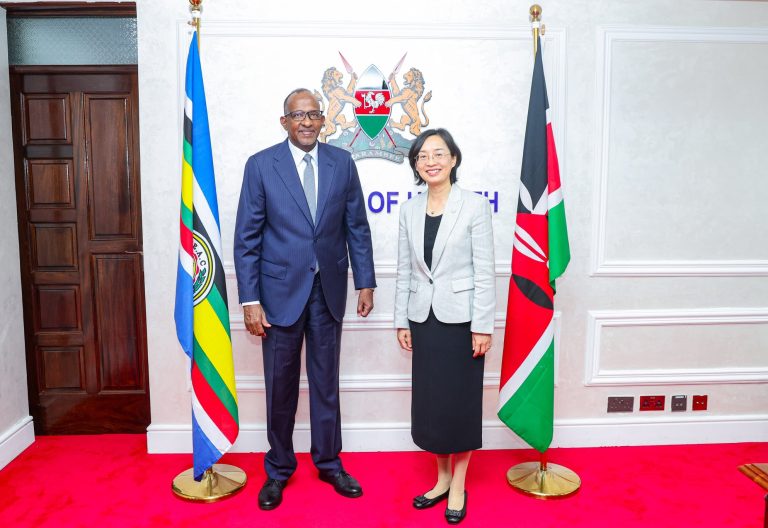Kenyan tech forum highlights AI as catalyst for digital economy and job creation
By Xinhua News Agency, May 19, 2025Seamless adoption of artificial intelligence (AI) through the enactment of policy and regulatory frameworks is critical to accelerating the growth of Africa’s digital economy and unlocking employment opportunities for the youth, technology executives said at a forum in Nairobi.
The half-day forum, convened by Ai Kenya, a technology lobby group, and other partners, brought together industry executives, startup founders, innovators, regulators, and financiers to discuss the evolving AI landscape in Africa and its potential to drive economic growth.
Alfred Ongere, chief executive officer of Ai Kenya, said that AI has the potential to transform critical sectors such as education, healthcare, manufacturing, energy, and financial services.
Supportive infrastructure
He urged African governments to invest in supportive infrastructure, including data centres, re-skill software developers, and promote microchip manufacturing. Africa could become the next frontier for rapid AI adoption, given the abundance of youthful innovators and enthusiasm by policymakers and investors to leverage the technology, promote efficient service delivery, and improve governance, Ongere added.
Bright Gameli, founder of Africa Hackon, a Nairobi-based cybersecurity firm, noted that AI is transforming core services provided by the public and private sectors, guaranteeing efficiency, speed and cost-savings. Gameli emphasised the need for increased investment in cybersecurity and called for stronger collaboration among industry players, academia, and governments to accelerate the development of AI tools capable of preventing cyber threats and verifying digital content.
Home-grown technologies
Chido Dzinotyiwei, chief executive officer of Vambo AI, a South African-based tech firm that offers multilingual AI solutions, said that African countries should harness home-grown technologies and talents, and develop AI tools tailored to Africa’s unique socio-economic challenges.
More Articles

